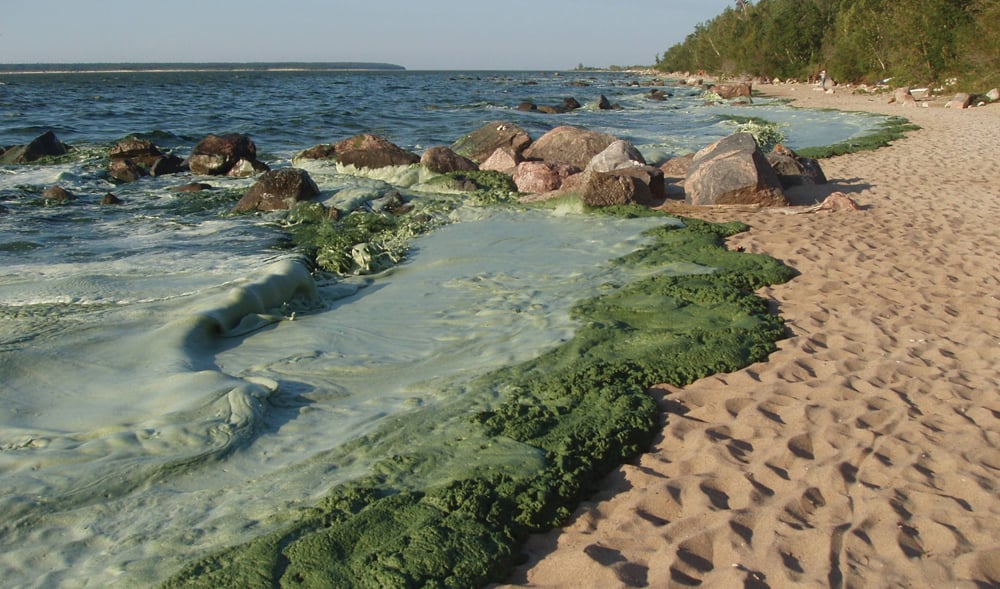The Association of Manitoba Municipalities (AMM) is concerned a newly enacted ban on cosmetic pesticides will increase municipal weed control costs tenfold.
“We are very concerned about this… the regulation is unreasonable,” said association president Doug Dobrowolski.
Describing the regulations that came into effect on May 1 as “contradictory,” Dobrowolski said that he would like the province to consider exempting hard-surface boulevards and highway ditches from the ban.
“These aren’t areas where children are playing, they won’t be in the ditches along highways,” he said, referring to one of the ban’s stated purposes — reducing the amount of exposure children have to cosmetic pesticides.
Read Also

Farmer-friendly nematodes: Tiny worms for big canola pest control
Not all nematodes are equal in farm fields. Beneficial species of the tiny soil-dwelling worms could one day help beat back damaging canola insect pests like diamondback moth on the Canadian Prairies.
But a spokesman for Tom Nevakshonoff, the newly appointed minister of conservation and water stewardship, said that those areas are already exempt from the cosmetic pesticide ban.
“Pesticide use on hard-surface boulevards is not banned unless in conjunction with a lawn,” said Al Foster, adding that municipalities can continue using pesticides on ditches and boulevards “unless these spaces are grassed and maintained as a lawn.”
The AMM has requested a meeting with Nevakshonoff to discuss the issue, and the minister’s office has indicated a meeting will take place, although no date has been set.
Department staff will also work with municipal officials and the general public to educate them on how the new rules work, said Foster.
Innocent mistakes in application made while families and municipalities are getting used to the new rules won’t result in fines, he said.
But concerns remain, with some communities estimating that the cost of weed control will increase by hundreds of thousands of dollars.
Dobrowolski pointed to the community of Steinbach as an example, which has estimated its weed control costs will jump from $15,000 per year to approximately $237,000 per year as a result of the new regulations.
That jurisdiction has also tested one of the newly approved weed-control products suggested as a pesticide replacement, but found it’s not suitable in some circumstances and that it stains concrete surfaces.
Keystone Agricultural Producers (KAP) has also continued to voice concerns over the cosmetic pesticide ban, believing it sends the wrong message about what chemicals are safe and which are not.
“We were always scared of the thin edge of the wedge,” said KAP president Dan Mazier, noting that Health Canada and the Pest Management Regulator Agency have approved the use of the chemicals the province is now banning for cosmetic application.
“What message does that send?” he asked. “It is just a hot-button issue… but looking at it rationally, I think we have to inform people about how we work with pesticides in general and why we work with them, we need to let people know the good they do, and that when you put them on properly, they’re safe.”



















